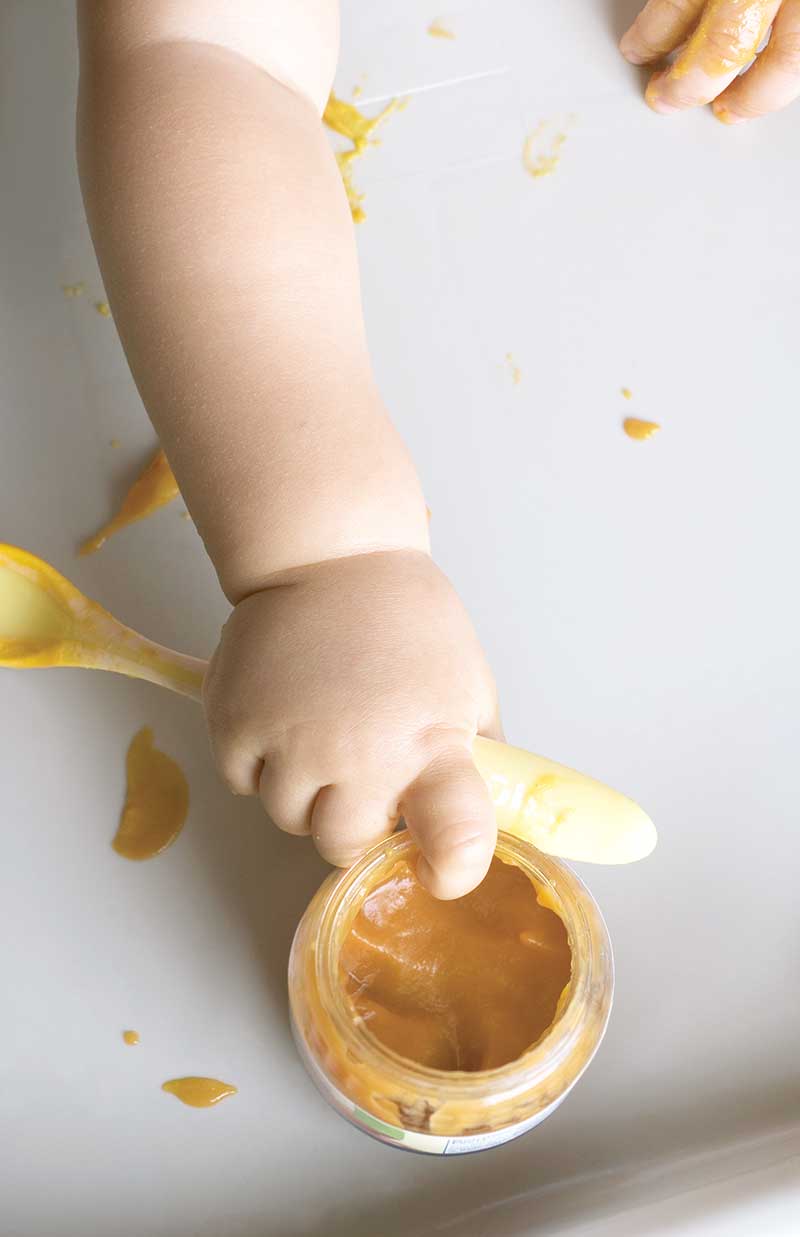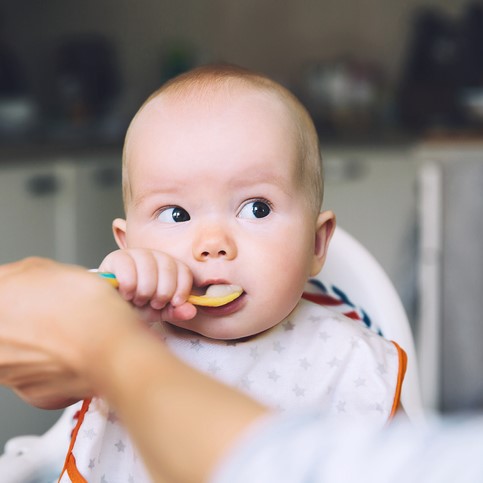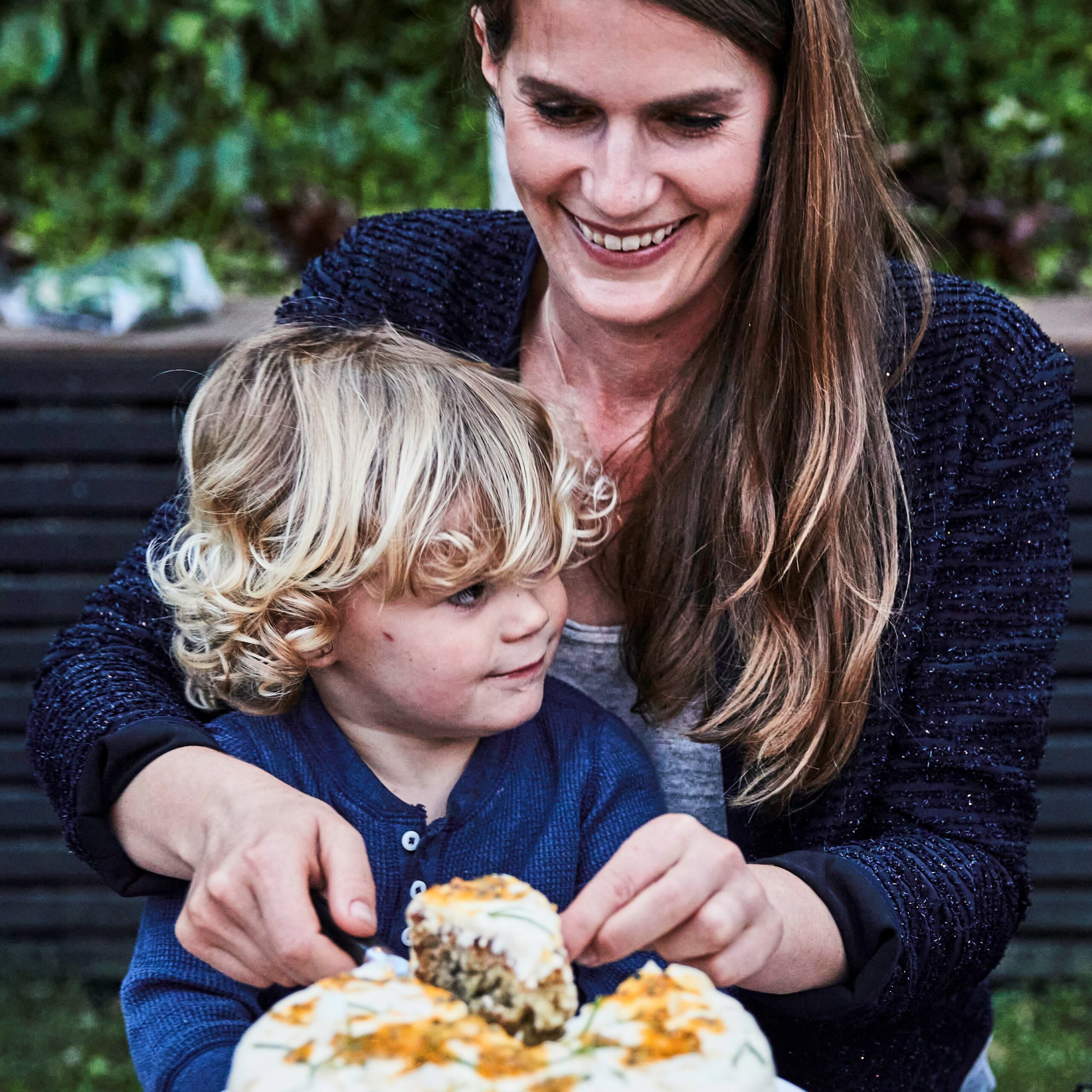Iron: A Key Nutrient When Starting Your Baby on Solids

The importance of iron in your baby’s diet.
The main reason babies need to begin having solid foods at around six months is that they have additional nutrient requirements that they can no longer receive from breast milk alone. The key nutrient is iron. By the time your pēpi is six months old, to receive enough iron they need to start having food alongside breast milk.
Let’s take a look at why iron is so important for your baby’s growth and development, and which foods are high in this crucial nutrient.
IRON
When a baby is first born, they have a reserve of iron but by the time they are around six months, their stores drop and they need to consume iron through additional foods while still having breast milk. Iron is a vital component of haemoglobin in the blood, which carries oxygen through the tissues of the body. It’s essential for their brain development and the efficiency of their immune system.
There are two types of iron sources: haem and non-haem.
- Haem iron found in animal foods such as red meats, fish, poultry and eggs is easily absorbed by the body.
- Non-haem iron comes from plant-based sources such as tofu, nuts, spinach, lentils, peas and beans. It is not as easily absorbed by the body as haem iron but when non-haem sources are eaten with foods that are high in vitamin C, like lemon, you can increase the amount of iron absorbed by the body.
IRON-RICH FOODS
The Ministry of Health (MOH) recommends the following as good choices of iron-rich foods:
- Cooked and puréed or minced meats
- Cooked and puréed or minced chicken
- Cooked and puréed fish or seafood
- Cooked and mashed tofu, beans or lentils (best served with vegetables or fruit that are high in vitamin C)
- Iron-fortified baby cereal



